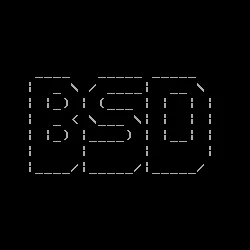FreeBSD 13 Is Preparing To Finally Retire GCC 4.2

A firm timeline has been established for removing GCC 4.2.1 before next year's FreeBSD 13 release. This timeline includes dropping GCC 4.2.1 from continuous integration builds at the end of the month and turning off GCC 4.2.1 from universe by default. At the end of the calendar year they will turn off GCC 4.2.1 by default and at the end of March is when they will remove the compiler code entirely from their SVN. Next May they also intend to drop non-Clang platforms that are not supported by the in-tree LLVM or converted to an external toolchain.
The main risk here is for the less common CPU architectures where the LLVM/Clang compiler support isn't as well off. "The timeline gives powerpc, mips, mips64, and sparc64 9 months to integrate either into an in-tree compiler, or to have a proven external toolchain solution. This is on top of the many-years-long warnings about this being the end game of the clang integration."
More details on the FreeBSD mailing list.
16 Comments

